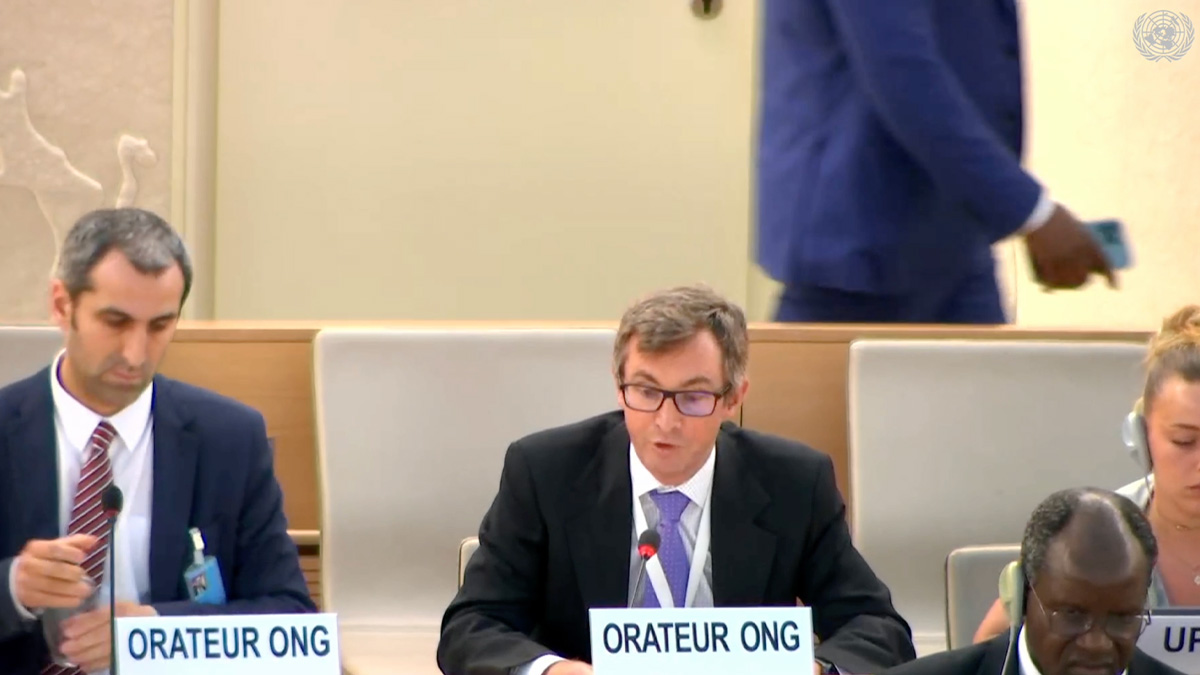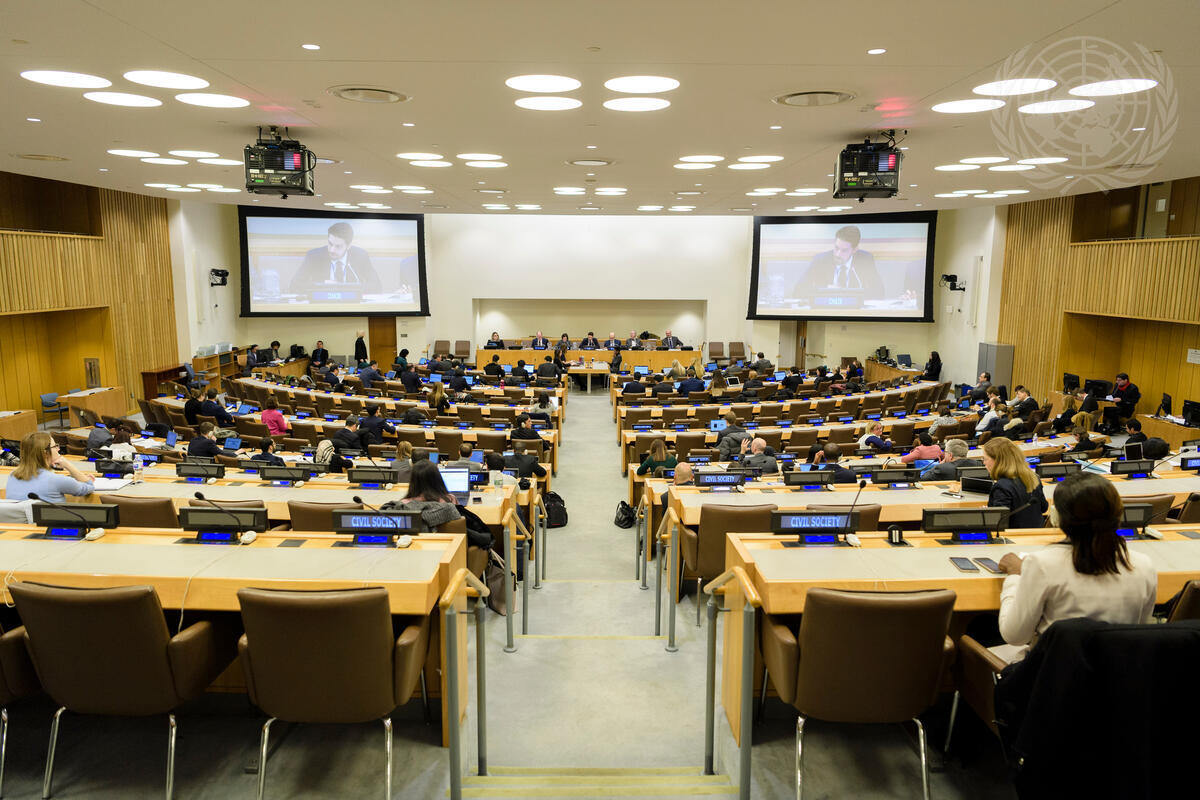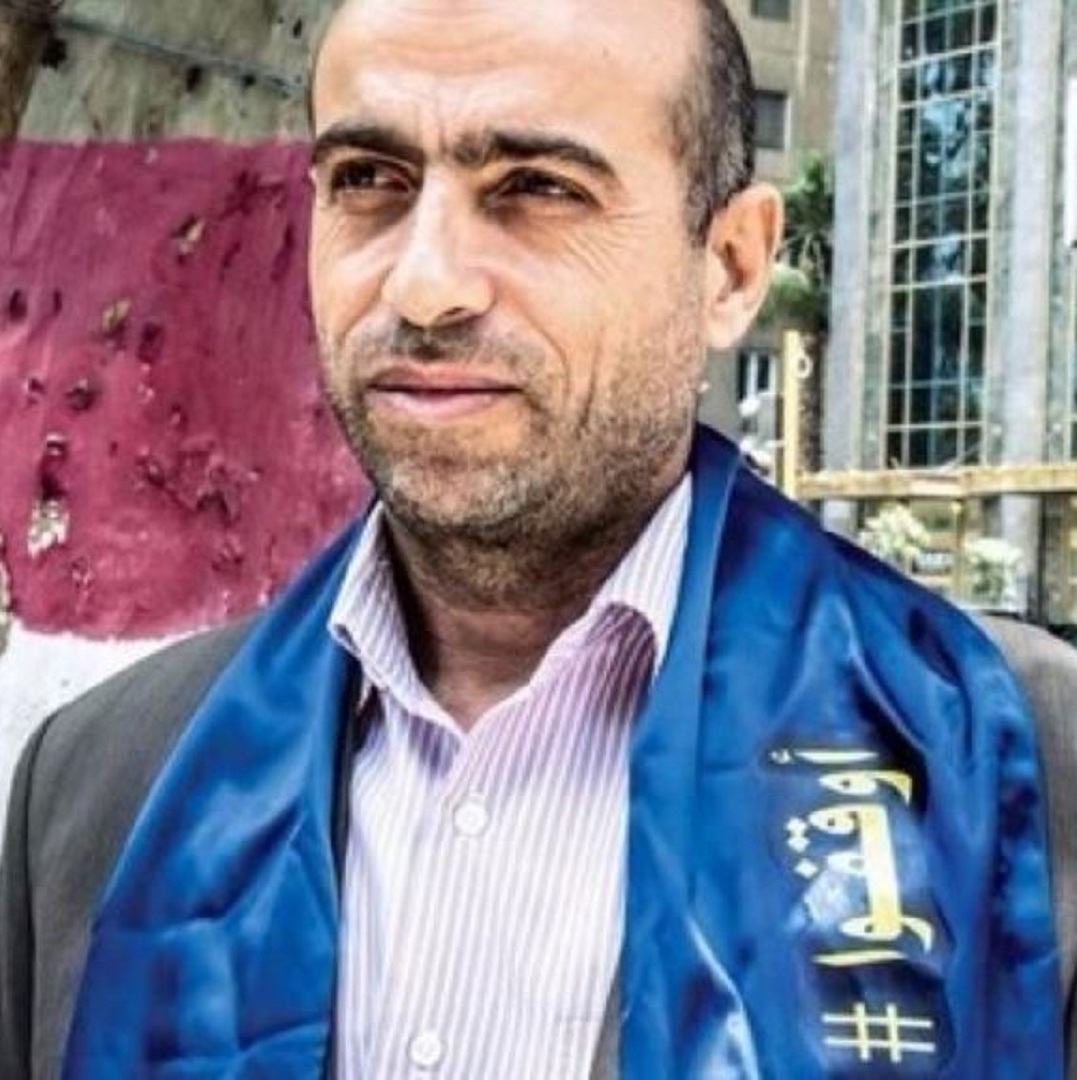The Committee on NGOs (NGO Committee), a subsidiary body of the UN Economic and Social Council (ECOSOC), is made up of 19 UN member States and makes recommendations on NGO applications for ECOSOC accreditation – also called consultative status. It is effectively the gatekeeper of civil society participation at the UN.
The Committee’s membership overwhelmingly comprises States that do not support a vibrant civil society at the UN, with 14 of its members listed as ‘closed’ or ‘repressed’ societies by the CIVICUS monitor on civic space, and the body itself is known for excessive politicisation, even gaining the notorious reference of the ‘Anti-NGO Committee’.
At its most recent session in September, the NGO Committee recommended that 9 NGOs have their requests for consultative status denied, effectively barring them from accessing or engaging with the UN. This recommendation was the result of a vote on a motion introduced by the United States, which was unsuccessful: with only five States voting in favour (Brazil, Estonia, Israel, Mexico, USA), ten against (Bahrain, Burundi, China, Cuba, India, Nicaragua, Nigeria, Pakistan, Russian Federation, Sudan), two abstentions (Greece and Turkey) and two absences (Eswatini and Libya). Several Member States voting in favour of the motion criticised the Committee’s politicisation, leading to deferrals that are a misuse of authority by Committee members.
These NGOs (see the full list below) work on pressing global issues including human rights, genocide prevention, caste-based discrimination and religious freedom.While they have all been deferred for a number of years through arbitrary questions, the International Dalit Solidarity Network (IDSN) holds the record of being the longest deferred NGO of the NGO Committee. First considered in January 2008, it has now been deferred for fifteen years and has received 105 written questions from the Committee, including several repeat questions to which it has provided full and timely responses.
The NGO Committee is mandated to make recommendations for NGO accreditations to ECOSOC, however the final decisions on whether to approve or overturn recommendations of the Committee lies with ECOSOC.
ECOSOC Member States have an opportunity to overturn the recommendations of the NGO Committee and grant the requests for accreditation of these 9 legitimate NGOs that have fulfilled the requirements for being granted consultative status. ECOSOC Member States did just that, earlier this year during their July session, when they voted to grant consultative status to six deferred NGOs.
‘While a long list of NGOs are still awaiting accreditation, by voting to grant consultative status to these nine organisations, ECOSOC Members will be sending a strong reminder to the NGO Committee regarding its mandate and its responsibilities under ECOSOC Resolution 1996/31,’ said ISHR’s Maithili Pai.
‘Actions by the Members of the NGO Committee to indefinitely block NGOs from receiving consultative status based on arbitrary questions is a reprehensible misuse of power. We call on ECOSOC Member States to act with integrity and support the accreditation of these 9 NGOs’, Pai added.
The 9 NGOs whose status is being considered are:
- The Gulf Centre for Human Rights
- The International Dalit Solidarity Network
- The Bahrain Center for Human Rights
- Coptic Solidarity
- The Arab-European Center of Human Rights and International Law
- The Andrey Rylkov Foundation for Health and Social Justice
- The World Union of Cossack Atamans
- Man and Law
- World Without Genocide
Download as PDF




